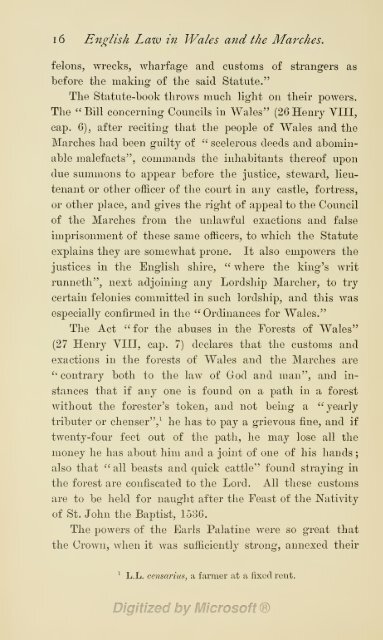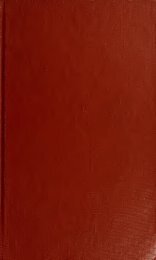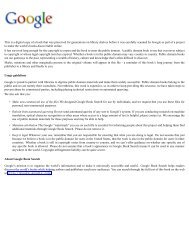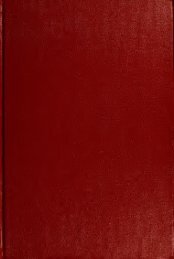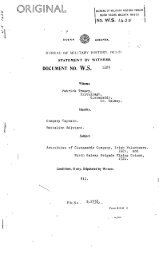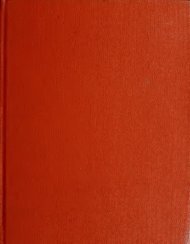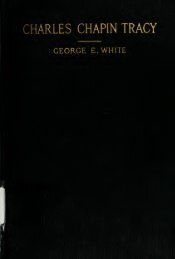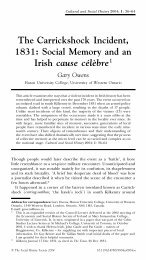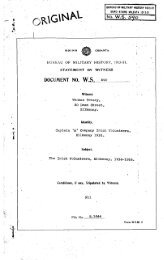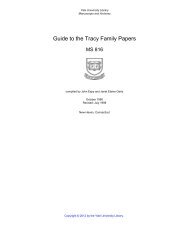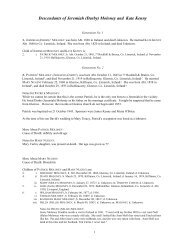Y Cymmrodor. v. XIV. 1901.
Y Cymmrodor. v. XIV. 1901.
Y Cymmrodor. v. XIV. 1901.
You also want an ePaper? Increase the reach of your titles
YUMPU automatically turns print PDFs into web optimized ePapers that Google loves.
i6 English Laiv in Wales anci the Marches.<br />
felons, wrecks, wharfage and customs of strangers as<br />
before the making of the said Statute."<br />
The Statute-book throws much light on their powers.<br />
The " Bìll concerning Councils in Wales" (26 Henry VIII,<br />
cap. 6), after reciting that the people of Wales and the<br />
Marches had been guilty of " scelerous deeds and abomin-<br />
able malefacts", commands the inhabitants thereof upon<br />
due summons to appear before the justice, steward, lieu-<br />
tenant or other officer of the court in any castle, fortress,<br />
or other place, and gives the right of appeal to the Council<br />
of the Marches from the unlawful exactions and false<br />
imprisonment of these same officers, to which the Statute<br />
explains they are somewhat prone. It also empowers the<br />
justices in the English shire, " where the king's writ<br />
runneth", next adjoining any Lordship Marcher, to try<br />
certain felonies committed in such lordship, and this was<br />
especially coníìrmed in the " Ordinances for Wales."<br />
The Act "for the abuses in the Forests of Wales"<br />
(27 Henry VIII, cap. 7)<br />
declares that the customs and<br />
exactions in the forests of Wales and the Marches are<br />
" contrary both to the law of God and man", and in-<br />
stances that if any one is found on a path in a forest<br />
without the forester's token, and not being a "yearly<br />
tributer or chenser", 1<br />
he has to pay a grievous fine, and if<br />
twenty-four feet out of the path, he may<br />
lose all the<br />
money he has about him and a joint of one of his hands ;<br />
also that " all beasts and quick cattle" found straying in<br />
the forest are confìscated to the Lord. All these customs<br />
are to be held for naught after the Teast of the Nativity<br />
of St. John the Baptist, 1536.<br />
The powers of the Earls Palatine were so great that<br />
the Crown, when it was sufficiently strong, annexed their<br />
1<br />
L.L. ceìisarius, a farmer at a fixed ront.


